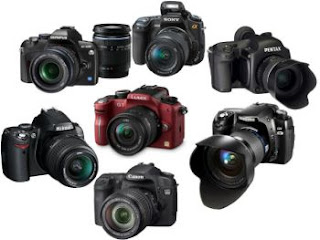 |
| The Structure I proposed to TESPOK |
This was during a TESPOK strategy meeting where the key message was "The African ISP is dead, long live the African ISP" based on a paper by Russell Southwood of Balancing Act Africa. The essence of which was that with the onslaught of mobile operators going into internet access provision, the only way that ISPs would survive would be through consolidation via mergers/acquisition or a complete redefinition of business focus and strategy. What was evident to me (but seemingly not to others) was that as the ISP industry transformed, there would be fewer players, and thus, less democracy - especially with regards to governance issues.
At the same time, KIXP was attracting plenty of interest from non-ISPs and already had non-ISP members such as KENIC, KRA and others - it was evident that the interest would continue, especially as the sector evolved with greater participation from content creators, hosting companies, data-centres etc... KIXP would become the de-facto facility for providing industry actors with data interconnection and interchange.
 |
| Current structure as per an Independent study on KIXP, 2006 |
My proposals fell upon deaf ears and it is sad for me now to see a frail and seemingly weak KIXP that cannot seem to consistently engage newcomers to the industry with the benefits of local traffic exchange.
A simple question - how many of the TEAMs/SEACOM/EASSY bandwidth-holders are peering at KIXP? As mentioned by someone else concerned about optimal traffic flows in Kenya, some of our traffic is being exchanged in exotic places like Mumbai, London etc...
So, I continue shaking my head...
